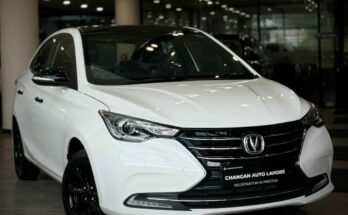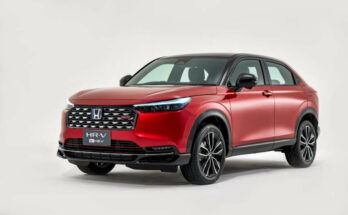Chinese automaker Changan has set up its first overseas manufacturing base in Thailand this year, by investing 20 billion baht (approx $562,800 million) for the setting up of a new energy vehicle (NEV) manufacturing site in Rayong, in the Eastern Economic Corridor, a special economic zone encompassing three provinces along the Gulf of Thailand.
Related: Thailand Nabs $285m Changan EV Plant as Chinese Investment Booms
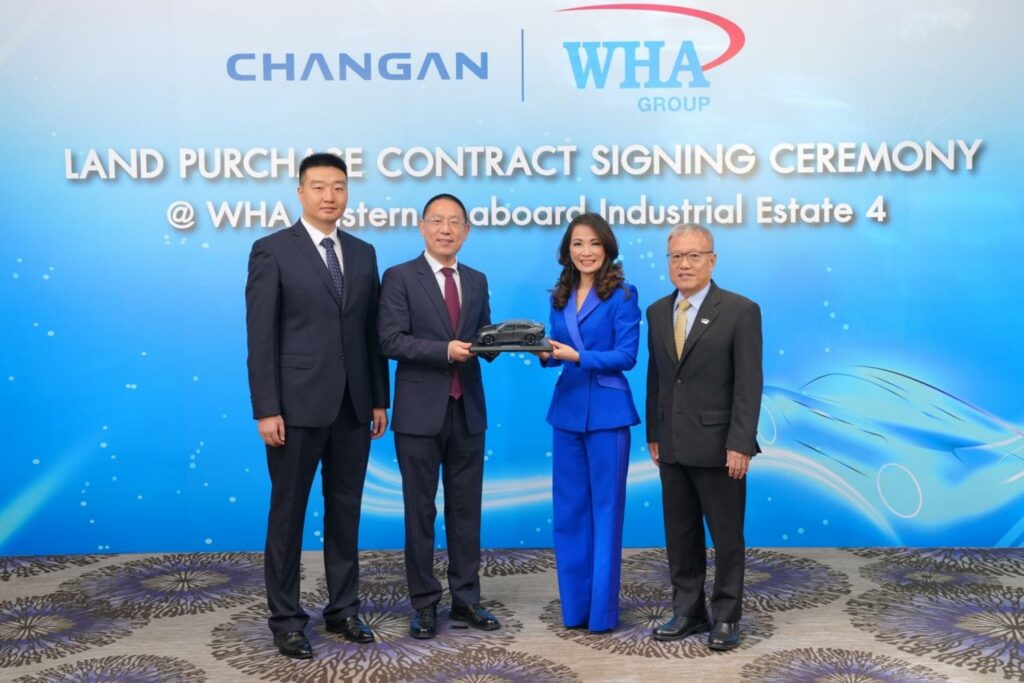
According to information, the plant will have an annual production capacity of 100,000 units in its first phase, which will be increased to 200,000 units in its second phase. Changan plans to introduce the Deepal, Avatr, and Nevo (Qiyuan) brands, and it aims to introduce 15 new NEV models by 2030 while making the Rayong plant a right-hand-drive (RHD) production hub for its brands.
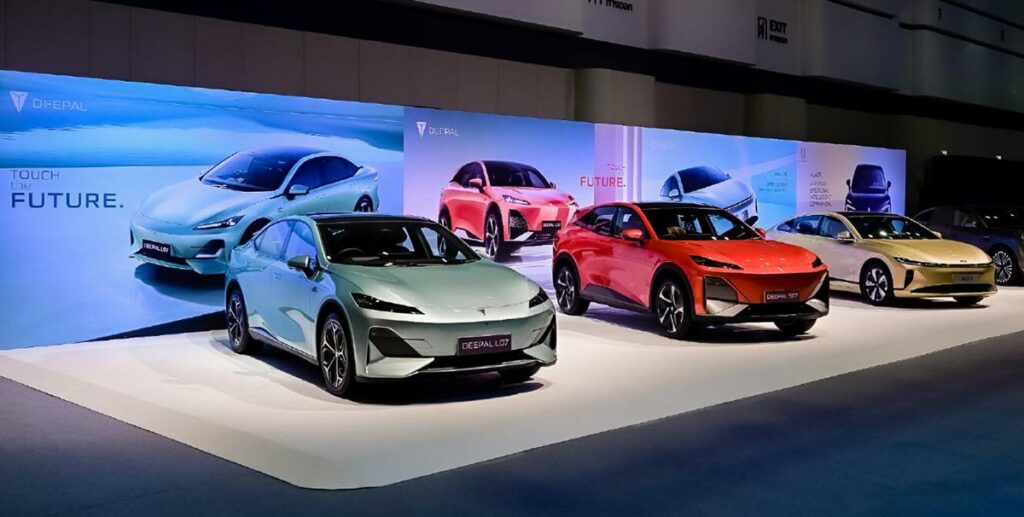
RHD cars, NEVs, and batteries for sale to other countries in Southeast Asia, Australia, New Zealand, South Africa, and the United Kingdom, will all be produced at Changan’s Thai plant. Changan aims to grow its group sales volume to over 5 million units by 2030, of which 1.2 million units will consist of exports.
Related: Master Motors and Changan Signs Joint Venture Agreement
Interestingly, in June 2018 when a joint venture agreement was signed between Changan and Master Motors of Pakistan, it was proudly stated that Changan’s plant in Pakistan which happens to be the brand’s first RHD base in the world, will see vehicles produced here to be exported to RHD markets including Malaysia, Indonesia, Vietnam and South Africa. However during all these years, apart from a small batch of 14 units of Oshan X7 exported to Kenya, no exports have yet been made from Changan Pakistan’s RHD production hub.
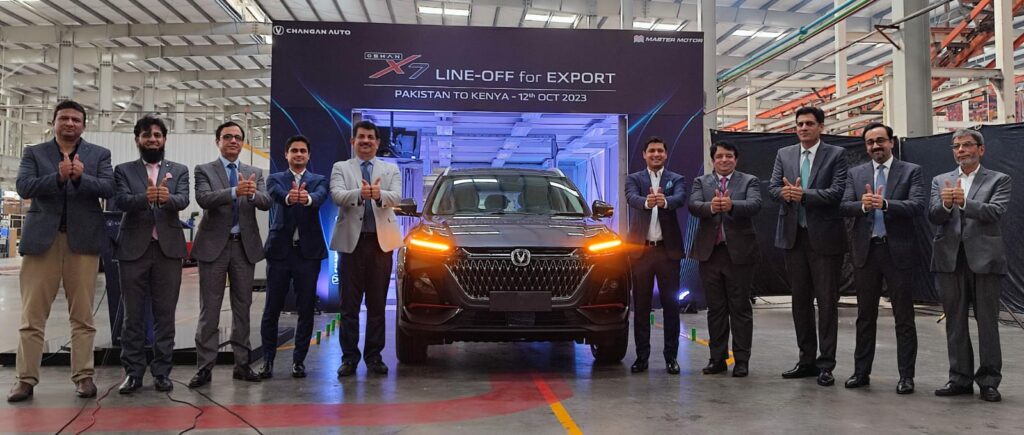
It is obvious due to the volatile economic conditions of the country. When most newcomers stepped into our market after the Auto Policy 2016-21 was formulated & implemented in 2016, the economic situation was quite better & stable. However from 2018 onwards with steeply depreciating currency value and the rising cost of production due to numerous taxes & duties and hikes in power tariffs, things went haywire from the business point of view. And further debacle was caused from early 2022 onwards that has brought the local auto industry to a standstill.
Related: Chinese EV Makers Heavily Investing in Thailand
Furthermore, when EV policy was being formulated, it was said that Pakistan would entice foreign automakers to consider it as an EV production & export hub (Thailand had yet to announce its EV policy at that time), but the decision-makers failed to come up with a favorable policy due to pressure from local players against the electric vehicle policy, which later went into jeopardy.
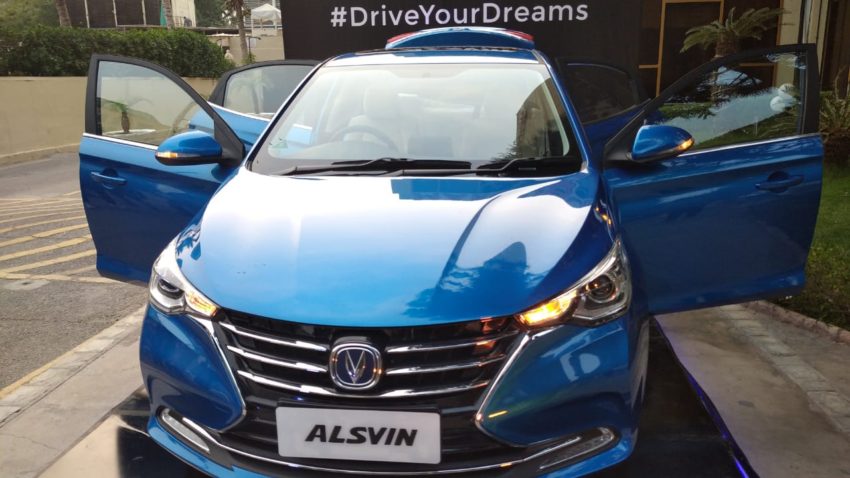
Now with a volatile economic climate, a Dollar value that is 3x times depreciated compared to its 2018 value, and the increased cost of operating a business that has amplified by tenfolds since 2018, it is indeed not viable for any company to produce vehicles in Pakistan that can be exported to other parts of the world. Due to favorable business policies and economic stability, Thailand remains a prime choice for automakers to consider the country as an export hub.

A computer animation professional with over 23 years of industry experience having served in leading organizations, TV channels & production facilities in Pakistan. An avid car enthusiast and petrolhead with an affection to deliver quality content to help shape opinions. Formerly written for PakWheels as well as major publications including Dawn. Founder of CarSpiritPK.com

